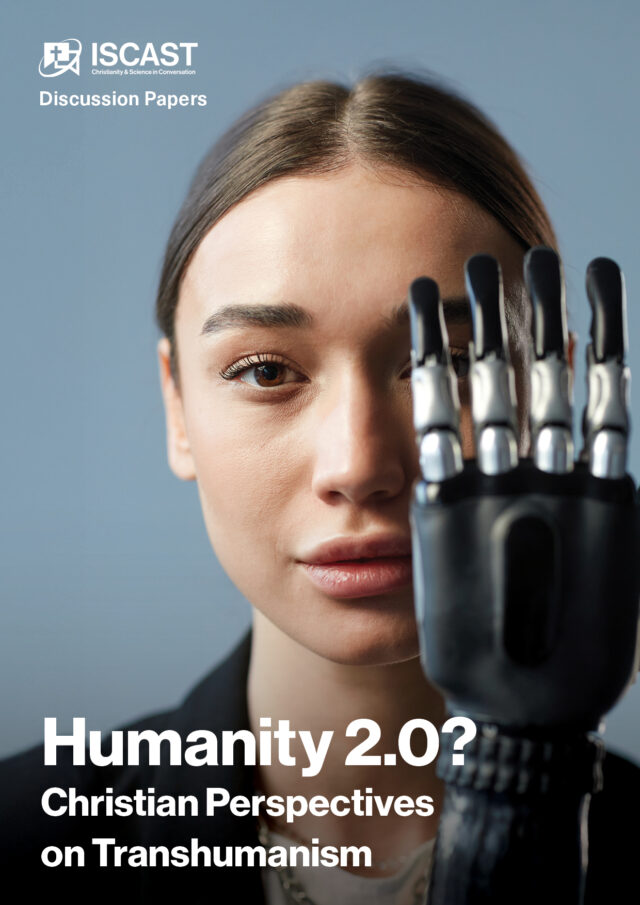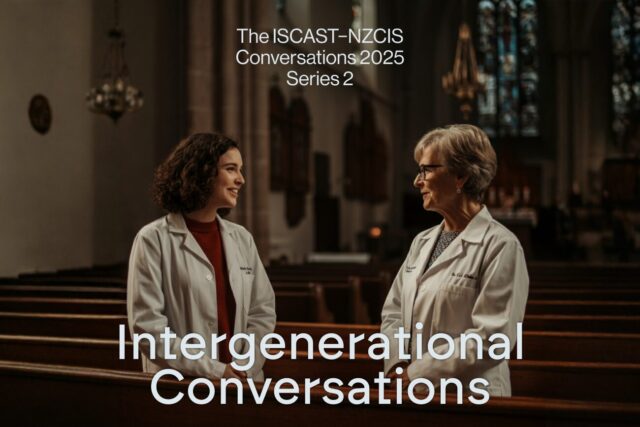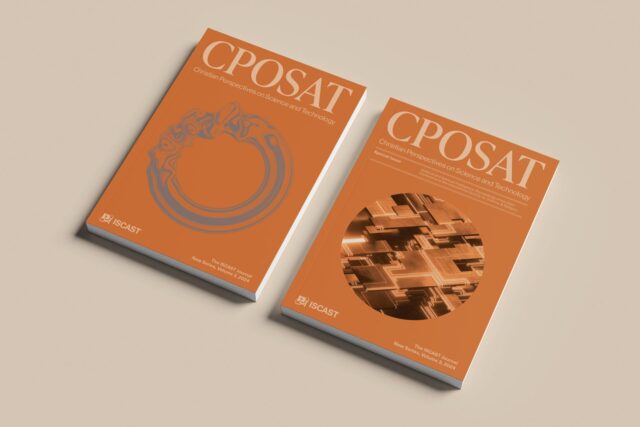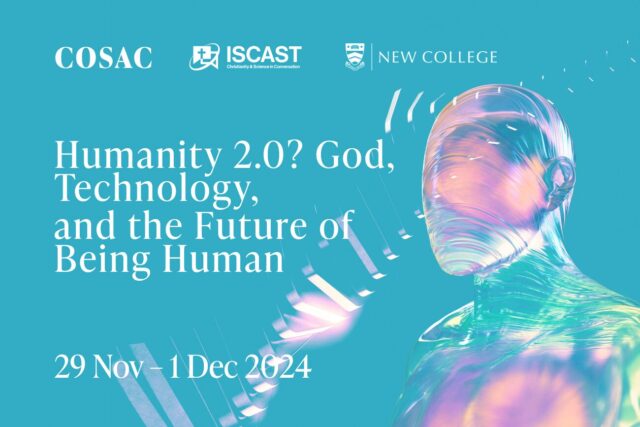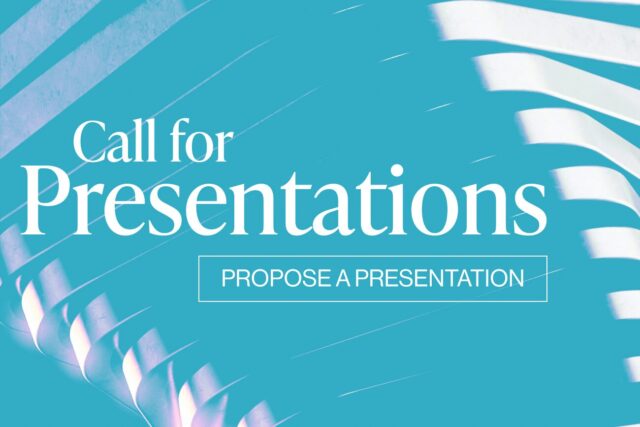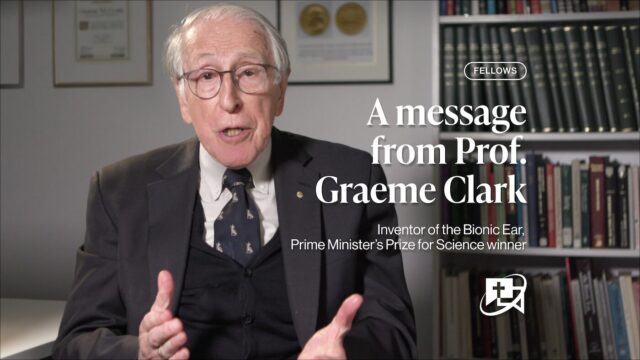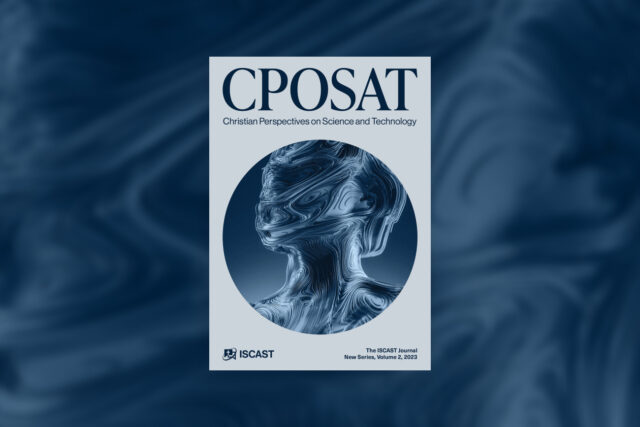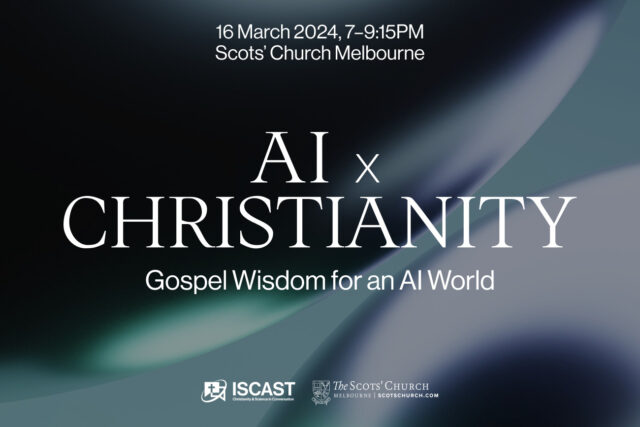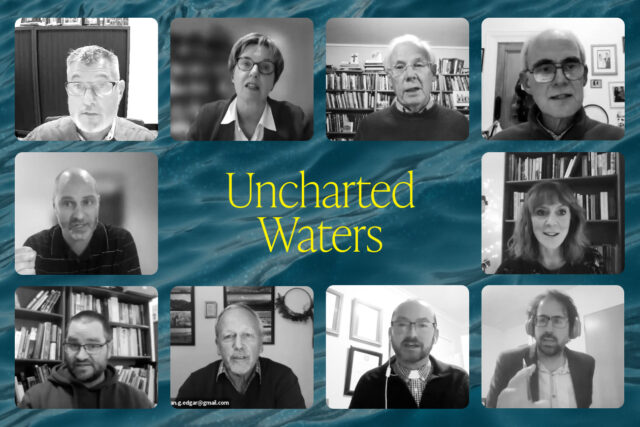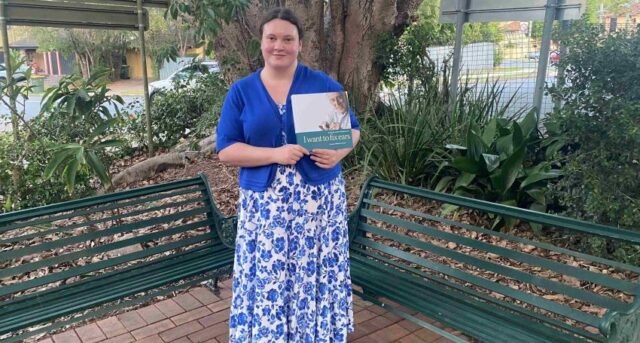
Alan Gijsbers introduces the issues and papers from Wicked Problems Symposium, held in Victoria in 2019. The papers are published separtely on the site with links below.
Reductionism is common in science. By isolating complex problems into simpler models with fewer variables, we can better understand what is going on. However, at some stage these principles need to be applied back into the real, messy, complex world. This is the world of political decisions calling on appropriate policies, based on science, but beyond science. Complex problems have been described by Rittel and Webber as wicked problems, and Richard Gijsbers’ paper gives us a good description of the components of a wicked problem, as well as the principles of applying them to social policy. Wicked problems is a common term in the Australian public service[1]. Richard as a former public servant in Forestry for the state government of Victoria has had a lot of experience in trying to apply his scientific knowledge with appropriate wise advice to his political masters, all informed by his commitment as a Christian to truth and wisdom. He has had to do this in the face of determined lobbying from concerned individuals from various perspectives, with very different political agendas. I have watched this interesting journey over a number of years. Eavesdropping on a conversation a number of years ago between Richard and Professor Allan Day, a physiologist, made me realise that there was a wide gap between the laboratory and political advice. Richard and I have discussed these issues for years now culminating in the Wicked problem seminar in September 2019.
We are very grateful for Rev Dr Charles Sherlock’s input into the day. His comments have been included in my summary. Professor Andrew Wood a biophysicist has addressed the wicked problem of electromagnetic radiation on human health, especially in relation to the roll-out of the 5G telecommunication network, and the political lobbying around that. The parallels with Richard’s struggle are obvious. Dr Mick Pope a meteorologist, has looked more fundamentally at the theology behind Genesis 1-3 in the light of the Anthopocene, the era where humans have become completely dominant over the environment, with the adverse consequences of that to nature, and to ourselves. The environmental challenge is one of the biggest wicked problem.
How do Christians, as part of a broader humanity from many different faith commitments, respond to national and global challenges in ways that are true to their faith? This is the stuff of the seminar. It is a fitting tribute to Richard as his company Stockdale ACS withdraws from being ISCAST’s administrative support, and Richard steps down as member and secretary from ISCAST’s Board and also from the ISCAST Vic committee.
Alan Gijsbers ISCAST President.
Links to papers:
Andrew Wood’s paper on “The roll-out of modern communications technologies as a wicked problem: What a Christian perspective can add to help find workable solutions”
Richard Gijsbers’ paper “Wicked Problems: A Personal and Painful Journey”
Mick Pope’s paper “Wicked Problems, Wickedness, and Wisdom: A Theology for the Anthropocene”
John Pilbrow’s paper “Anti-science Thinking Hinders our Understanding of Wicked Problems”
Alan Gijsbers’ summing up of the symposium: “Wicked Problems and the Hope of the Kingdom”
[1] Tackling wicked problems: a public policy perspective. Australian Government Public Service Commission. (Archived publication) https://www.apsc.gov.au/tackling-wicked-problems-public-policy-perspective. Accessed 5 December 2019.
